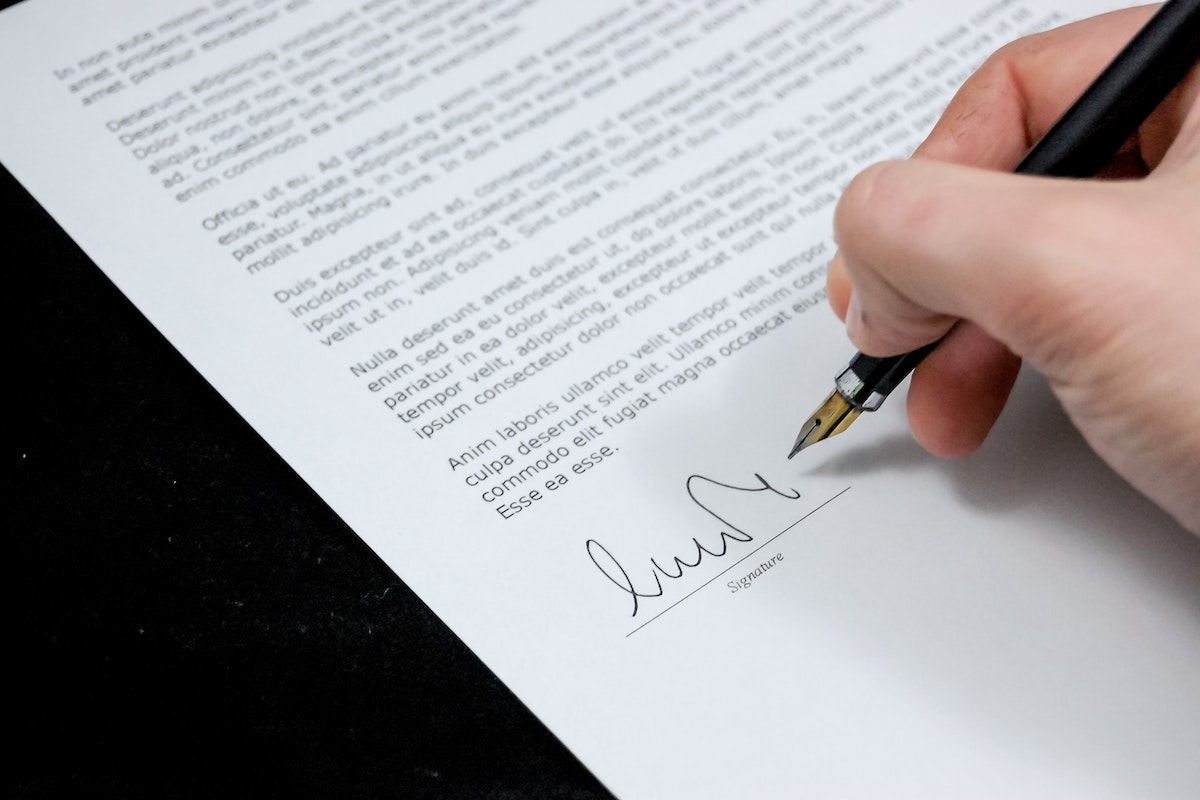Are you looking to rent out your property? Before you make any decisions, four essential items need to be addressed. From legal documentation and insurance coverage to the costs of repairs and maintenance, each component must be considered before you can start making money from your rental property. Here are the four essentials you need before renting out your property.
Certifications
You must have specific certifications to rent out your property in the UK. These include a Gas Safe certificate, an Energy Performance Certificate, and an Electrical Safety Certificate. These certifications must be obtained from professional engineers and can take some time, depending on what needs to be done.
A Gas Safe Certificate is essential for the safety of tenants, as it verifies that any gas appliances in the property adhere to legal standards. A Domestic Energy Performance Certificate (EPC) is also important, as it assesses the property’s energy efficiency and helps potential renters determine how much they may need to spend on bills. An Electrical Safety Certificate must be obtained to ensure that all electrical wiring and fittings are safe and compliant with legal requirements. All three certificates protect landlords and tenants from risks associated with unsafe environments, so obtaining them should always be a priority before renting a property.
Insurance
You will also need landlord insurance for your property if you plan on renting it out in the UK. Landlord insurance covers damages due to tenant negligence or other incidents, such as flooding or fire damage. This insurance policy provides peace of mind knowing that any damages caused by tenants are covered by the insurance company and not yourself. It is crucial to ensure that you have the correct type of insurance for your rental property, as it will give you an extra layer of protection.
Various types of landlord insurance are available, such as buildings coverage and contents coverage. Buildings coverage covers any damages caused by tenants or incidents to the structure of the building itself, such as fire damage. Contents cover protects fixtures and fittings inside your rental property, including furniture and kitchen appliances. Most landlord insurance policies also provide liability coverage if a tenant becomes injured while living on your premises. With all these covered, you can rest assured knowing that your rental property is protected from any potential risks or damages incurred by tenants.
Tenancy Agreement

In order to protect both parties involved, you must have a tenancy agreement between yourself and any tenants renting your property in the UK. This should include all details of rental payments, duration of the rental period, rules regarding pets and guests, etc., and any additional information relevant to your specific situation or location (e.g., parking arrangements). The tenancy agreement should be as detailed and specific as possible to address all potential issues before they become problems. It is also important to include clauses related to any changes in rent or key dates, such as the end of the tenancy. This ensures that you are protected legally if any disputes arise between yourself and the tenant over these issues.
Additionally, it’s necessary to ensure that both parties clearly understand their rights and responsibilities when signing the tenancy agreement. The document should state penalties for non-payment of rent or damage done to the property by tenants. Furthermore, your rental contract should also allow for a sufficient notice period for either party to give before terminating the agreement. These aspects must be clearly stated for a legally binding agreement between both parties. With a comprehensive tenancy agreement in place, you can protect yourself and your tenants from any potential problems that may arise during the rental period.
Tax Obligations
Before renting out a property, it is essential to understand your tax obligations. For example, if you rent a property for more than £125 per week in the UK, you will need to pay income tax and SDLT (stamp duty land tax). These taxes must be paid on time, or hefty fines can be imposed by HMRC (Her Majesty’s Revenue & Customs). There may also be other taxes that could be applicable based on the specific location of your rental property. Before putting your property up for rent, it is essential to research all possible taxes that may be payable and make sure they are taken care of accordingly.
Not only will this help protect you from any potential legal issues, but it will also ensure that your rental income is maximized. Furthermore, any inquiries from HMRC must be responded to promptly to stay compliant with the law and avoid fines. With all these obligations taken care of, you can focus on finding reliable tenants without worrying about tax issues.
Final Words
Renting out a property in the UK can be a great way to make extra income, but it also comes with its responsibilities. Make sure that before entering into any tenancy agreements, these four essentials are taken care of first so that everything runs smoothly for both parties involved! With proper preparation, rental properties can provide great returns on investments while allowing owners to maintain their pieces of mind knowing they are protected from potential liabilities down the line.


